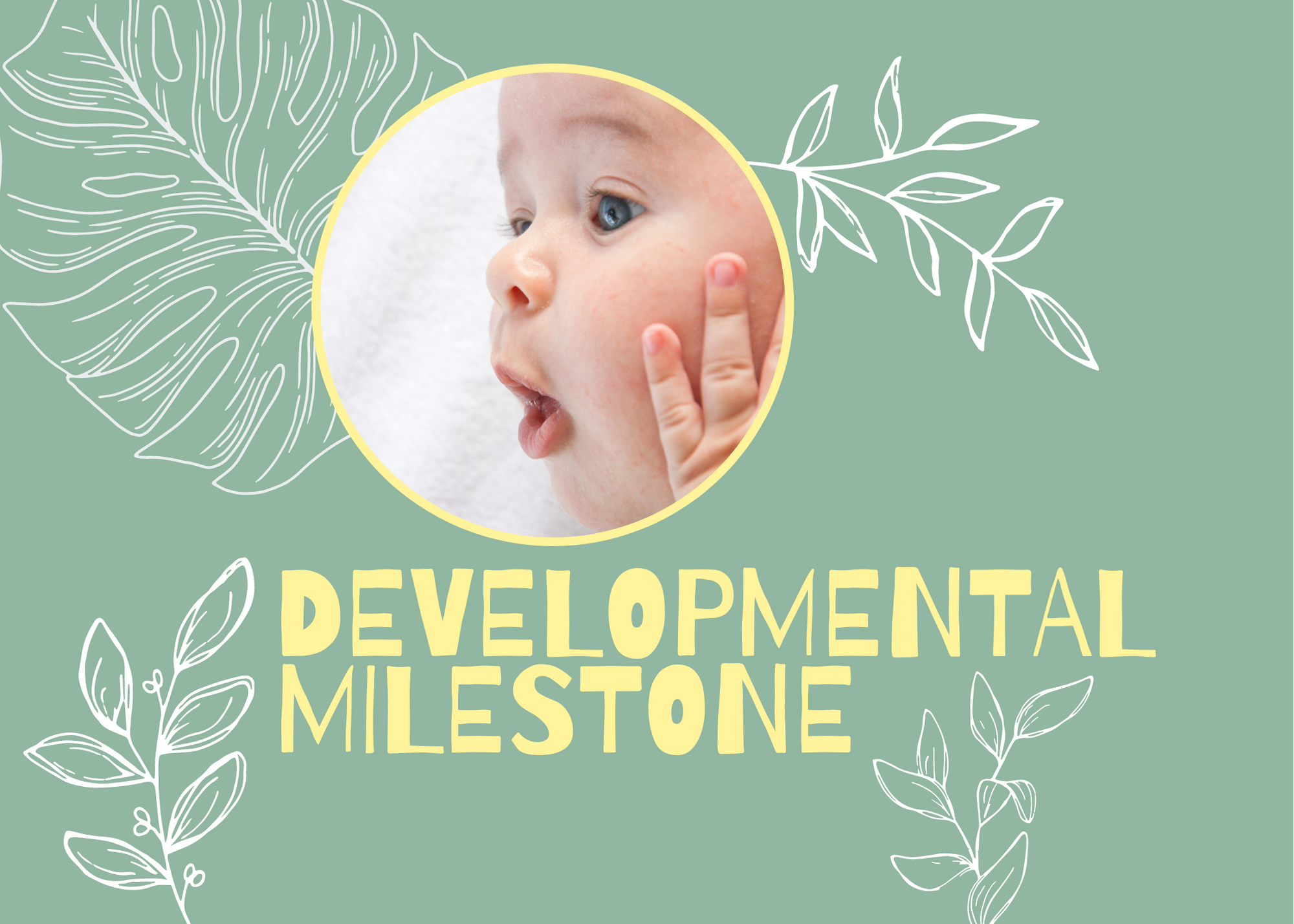
8 Months
Developmental Milestones
Brain Development: They also begin to understand the idea of object permanence and cause and effect. Cause and effect means that, if they do something, it may result in an action.
Language: When they talk, they will begin to string more vowels and consonant sounds, and begin forming “real words” such as “Mama” or “Dada”. At 8 months, they might recognize some familiar things that you mention. Try talking about their favorite toy and see if your baby will turn towards it.
Movement: They may start to grasp their own bottles and feed themselves around 8 months. From between 7 months to 10 months, the baby will be strengthening the muscles that they use for crawling.
Diet: It is safe to begin to expose your child to more solid foods like yogurt, oatmeal, or mashed fruit, like bananas. They may not like eating new foods at the moment, but giving a child food 10 to 15 times within a few months will help them learn to accept the new taste. Note though, that a baby’s teeth development differs for each child. Babies that don’t have their teeth growing out yet will prefer softer foods.
.
Social-Emotional Milestone
Babies will begin to be attached to comfort objects like a special blanket or stuffed animal. This comfort object will act as a fill-in for the caregiver and help bring comfort wherever they go. This is normal. To communicate, babies will begin to use sounds, actions, and will make faces to get your attention. This may be also a time when they begin to be aware of strangers or separation anxiety. Note this shyness or clinginess is not permanent. This separation anxiety can also lead to your baby sleeping less at night. They could also wake up more often at night.
Action Items
Keep spending time talking and reading to your kids. This helps teach them new sounds, new syllables, and simple words that they can repeat and learn.
To practice their movement skills, give them a child-safe spoon to use in their hands. This will help them get used to the feeling of holding one and also helps prepare them to begin feeding on their own.
Explore with your child: Go to stores, zoos, museums, parks, and talk about the people you guys come across. Tell your child what they’re doing, and how they’re different. Spend time talking to your baby, singing songs, reading books, and make sure to point out sounds that they might hear.
Give your child a chance to experiment and explore but make sure to keep an eye on them and that they have a safe space.
Experiment with different music styles in your home, and watch your little baby enjoy the tempo and beats.
Make sure never to force your baby to finish what they are eating. Sometimes, they will turn their head away or close their mouths. It’s ok not to force it.


